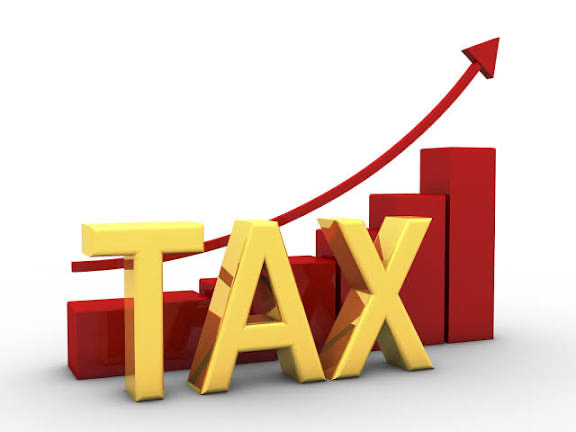
Economists have cautioned that recent proposals to raise capital gains and other investment-related taxes could undermine investor confidence and discourage foreign capital inflows into emerging and developed markets alike.
In Nigeria, financial experts and market operators have voiced growing concern over a proposed increase in the Capital Gains Tax (CGT), warning it could make the country’s investment climate less competitive. According to analysts, the policy, if implemented at the proposed 30 percent rate, could significantly erode after-tax returns for investors, reducing the appeal of Nigerian equities and other capital market instruments.
Data from the Nigerian Exchange (NGX) show that foreign portfolio outflows have already begun to outpace inflows, with ₦45.8 billion exiting the market compared to ₦25.66 billion in new investments earlier this year. Economists attribute part of this trend to growing policy uncertainty and concerns over Nigeria’s fiscal direction.
“Frequent tax changes without adequate consultation create instability in the market,” said one Lagos-based economist. “Foreign investors crave predictability. When that’s missing, they look elsewhere.”
Comparative analysis shows that Nigeria could lose competitiveness to regional peers. Kenya, for instance, exempts listed securities from capital gains tax, while Ghana maintains a relatively moderate 15 percent rate.
The debate is not confined to Africa. In the United States, Wall Street analysts have expressed alarm over a proposed foreign tax provision known as Section 899 of a pending budget bill that could impose up to 20 percent tax on passive income earned by non-U.S. investors. Critics fear the move could reduce the attractiveness of U.S. assets and trigger outflows from key financial markets.
Economists warn that while governments face pressure to boost revenue amid fiscal challenges, poorly calibrated tax hikes risk stifling investment and slowing economic recovery.
“Higher taxes on capital may look good on paper, but they often come at the cost of lost foreign investment and slower job creation,” said a policy analyst at the Center for Economic Policy Research.
Globally, policymakers continue to grapple with the balance between fiscal sustainability and competitiveness. The International Monetary Fund (IMF) has repeatedly emphasized that developing countries should pursue broad-based, predictable, and investment-friendly tax systems to attract long-term capital while maintaining revenue stability.
As debates intensify, economists agree on one point: tax policy, if misaligned, can swiftly turn investment destinations into exit zones for global capital.
